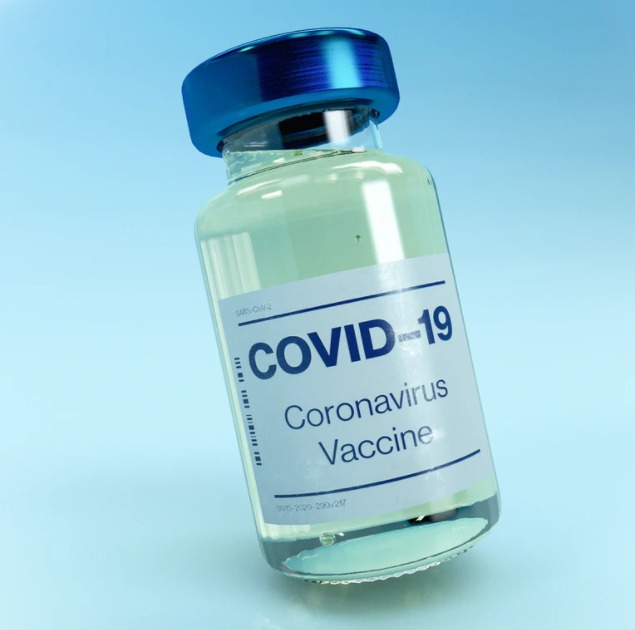Minors can make their own decisions on vaccines
3 min read
The need for parental consent hinders minors from protecting themselves from COVID-19. Daniel Schludi / Unsplash
NORAH WALSH & SAMUEL PUGLIESE
Viewpoints Editor & Staff Writer
In light of the COVID-19 pandemic and the formulation of three vaccines to help mitigate the spread of the virus, the issue of scientific misinformation that foments “anti-vax” sentiments has led to some parents prohibiting their minor children from getting vaccinated. This is a detriment to the entire population of the country, for it blocks an entire demographic from getting a vaccine that could save their life and prevent the spread of a dangerous virus to others. As a result, minors 16 and older should not need parental consent to receive the COVID-19 vaccine.
In the past, schools and daycares have required certain immunizations for diseases like Polio, Chickenpox and Hepatitis A and B, according to the Virginia Department of Health. The immunizations for these diseases are all FDA approved, but people are able to be exempt from certain immunizations for religious or medical reasons.
Although there have been anti-vax sentiments in the past, the unwillingness to get vaccinated against a dangerous disease has never been this blatant. According to vox.com, one of the six top reasons people refuse to get vaccinated is lack of trust in the vaccine. Although this distrust was stronger before Pfizer was FDA approved, the sentiment could also be a result of former president Donald Trump’s negative discourse around COVID-19 mitigation during his presidency. In fact, according to Pew Research Center, the demographic least likely to get vaccinated against COVID-19 is people who relied on former President Trump for information regarding the pandemic.
After the FDA approved the Pfizer vaccine, the CDC began to recommend that everyone 12 and up receive the vaccine in order to protect themselves and others. They acknowledged that “widespread vaccination is a critical tool to help stop this pandemic,” which is true, as we have been rudely awakened to this fact by the presence of the delta variant.
With minors 12 and up being approved to get vaccinated by an FDA-approved vaccine, there is no excuse to refuse them the right to get vaccinated, yet many are unable to due to their parent’s personal beliefs and misconceptions.
In the proposed Virginia Senate Bill 104, which was offered Jan. 8, 2020 and is even more relevant now, minors would be considered adults if consenting to vaccines approved by the CDC. These minors would be able to waive the parental consent requirement “provided that the individual demonstrates to the satisfaction of a health care practitioner the ability to understand at the same comprehension level as an adult the risks and benefits associated with vaccinations and immunizations.”
Minors who are 16 and older are entrusted with many responsibilities that should deem them deserving of the right to consent to their own immunizations. They are able to drive a car by themselves, they are allowed to get a job without needing special permission and, with a job, they would file taxes as well.
Jodie Hayob-Matzke, a professor in the Department of Earth and Environmental Sciences said, “I strongly believe everyone, including children, should be vaccinated. All data, as far as I am aware, show that the Pfizer and Moderna vaccines are very safe and effective for the vast majority of the population. I support the need to secure parental approval for those under a certain age, but I think a 16-year-old is mature enough to make their own decision.”
Therefore, it is ridiculous that minors 16 and older are unable to consent to their own immunizations when they are trusted with other responsibilities that are expected of legal adults. The Pfizer vaccine is FDA-approved, it is recommended by the CDC, and it allows for the possibility of mitigating COVID-19 and producing variants such as the delta variant.











